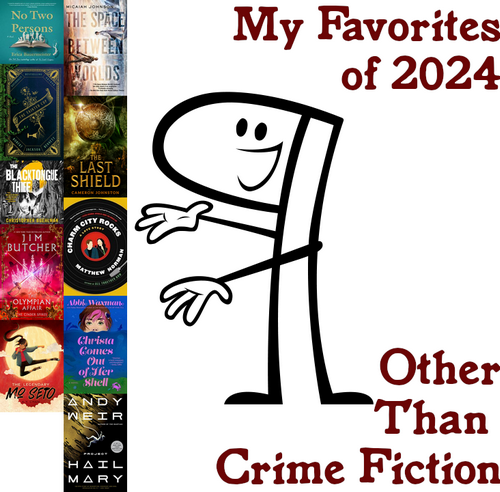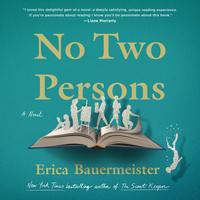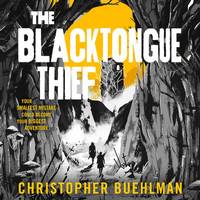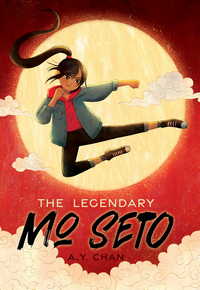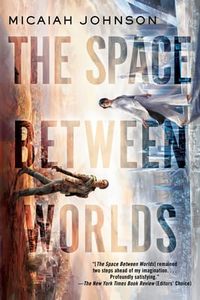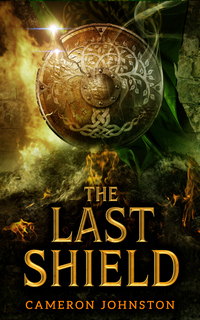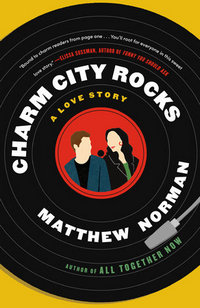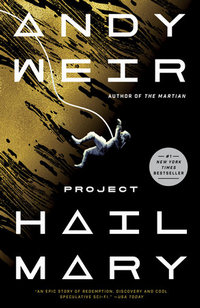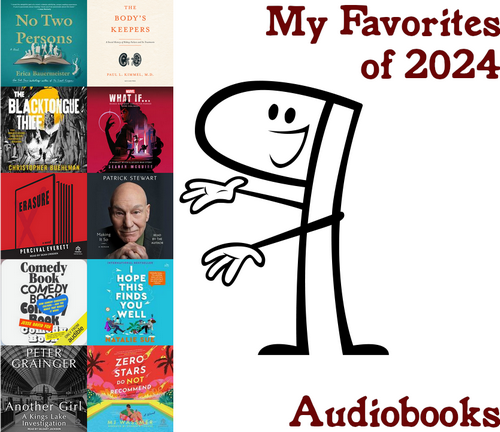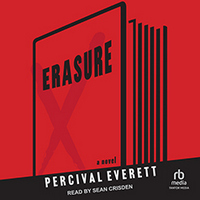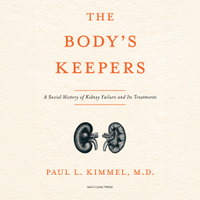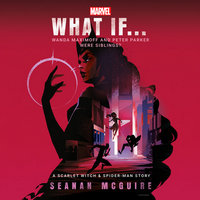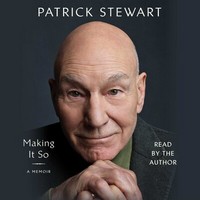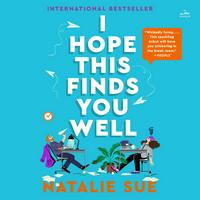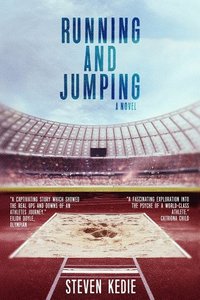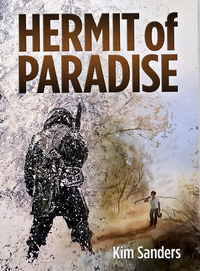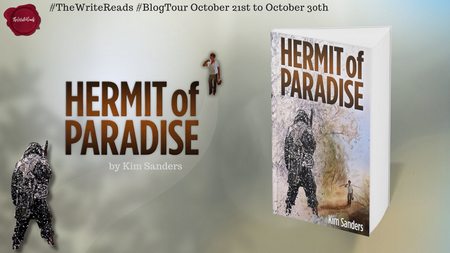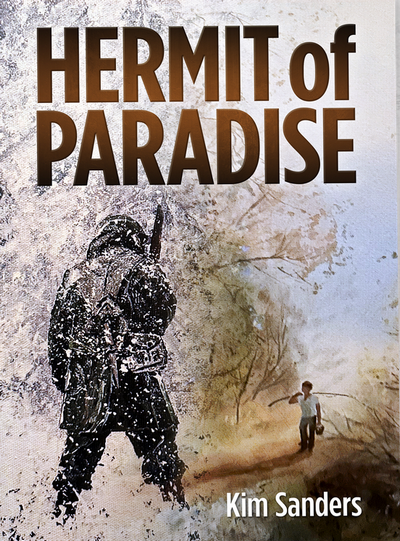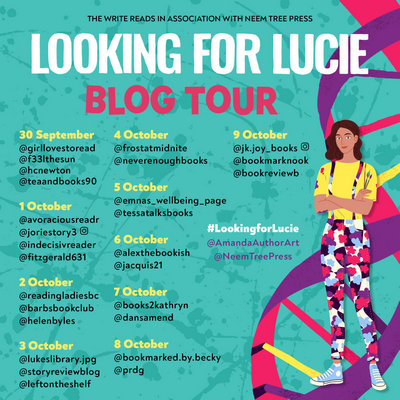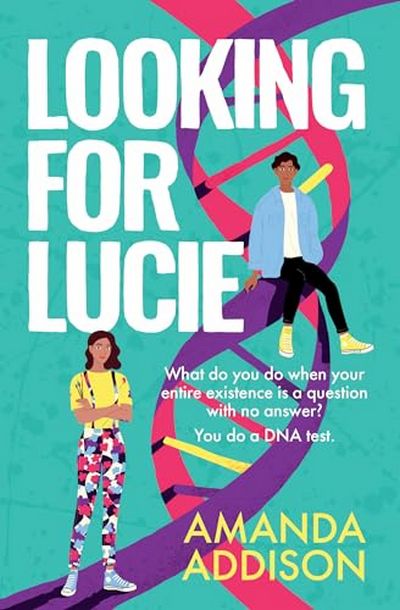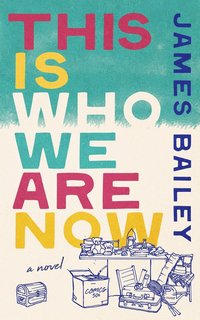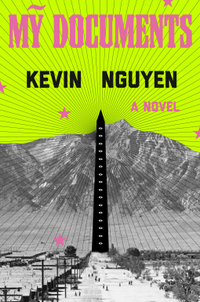 My Documents
My Documents
by Kevin Nguyen
DETAILS: Publisher: One World Publication Date: April 8, 2025 Format: eARC Length: 352 pg. Read Date: April 7-9, 2025

What’s My Documents About?
Soon after the fall of Saigon, but not soon enough, a woman named Bà Nội manages to escape Vietnam with her four-year-old son—she’d been able to send two of her children to the U.S. earlier. Sadly, her husband was unable to leave with them. As the novel opens in the mid-2010s, we meet four of this son’s children—Ursula, Alvin, Jen, and Duncan.
These siblings and cousins are on the cusp of adulthood. Ursala is trying to make it as a journalist in NYC, Alvin is starting an internship (that will hopefully/likely turn into something more) at Google, Jen is enjoying the freedom that comes from being away from home at NYU, and Duncan’s passion is playing on his high school football team—and he’s pretty successful at it. All in all, this is a pretty good realization of Bà Nội’s American Dream (even if most of the family had hoped for something more lucrative for Ursala than being a writer).
Then the U.S. is rocked by a series of coordinated terrorist attacks that result in the overwhelming majority of Vietnamese-Americans being placed in various internment camps. Jen, Duncan, and their mother are placed in Camp Tacoma, while Ursula and Alvin are able to get exemptions.
The novel traces the lives of these four (as well as some of their relatives) through this dark time—showing how technology, business, the media, the government, and prejudice collude to create and maintain this system, as well as the public reaction and eventual distraction (with sporadic moments of attention and protest). But beyond that, we see how those most impacted by these policies survive this—and how they try to adjust, cling to their humanity, and try to do more than survive.
The Cousins
First, I should note that we also get some time with their shared father (who was not really involved in their lives growing up), Dan. Without getting into it, Dan took a very different path than his children—or the majority of Vietnamese-Americans—during this time. His actions—which we check in on sporadically—serve to contrast what the rest go through.
But I want to focus on—as the book does—the cousins. These are fantastically drawn, deeply flawed, and relatable characters. They all react very differently to their circumstances, and grow (or at least develop) through them in ways that are completely believable. In much the same way that the fall of Saigon and escape to the U.S. shaped the lives and psyches of their grandmother and father, this period does that to them.
More than Survival
In the beginning—even for those outside the camps—it’s just about survival. You do what you’re told, you make sure to obey the men with guns, you keep your head down and just hold on to whatever you can. But in time, you find ways to breathe, to relax, to find community and support, you even find ways to help others.
The guards organize football games for the detainees, which are attended by most of those in the camp. It allows Duncan to thrive. Jen gets work on the camp’s official newspaper—which, yes, is basically a propaganda machine (everyone knows this), but it helps her hone her writing and gets her exposure to most of the camp, as well as access. Because of her access, she’s brought into the circle of a smuggling operation that brings in some forms of food, life-saving medicine that the camp won’t bring in, and even digital copies of TV, movies, and music.
It’s through these temporary escapes from their daily circumstances—authorized or not—that the detainees are able to remember that there’s more to living than existing. There are flashes of joy and relief in the midst of their tense, precarious, and tragic circumstances.
It’s in this part of the novel that the reader is able to find more than just a frighteningly possible dystopia; it’s what elevates this.
So, what did I think about My Documents?
One of the more chilling aspects of this book is how most Americans move on from the internment. It makes headlines and creates some scandal for a bit, and then the attention of the public shifts to something else. Every now and then, something will come up that gets people riled up a little bit, but nothing sticks for most of the public. This is a dystopia—but not for everyone. Not that many people suffer. And while things could be better for people like Ursula and Alvin, outside of their own missteps and failings, their lives are pretty good.
The more I think about that, the more terrifying it is. The more realistic and possible it seems, too.
There’s a moment toward the beginning of the book where Ursula is attending a lecture from a working journalist, who says that a good story tells us something about people—how they live and how they are self-deluded. It seemed like a pretty obvious spotlight on one of Nguyen’s themes. And it happens so early, I don’t feel bad getting that specific. Not only is that a good way to think about stories (true and fictional) in general—it’s a key to this work.
Every person we spend extended time with—and several that we don’t—are under one or more forms of delusion—some external, but many come from within. This, too, is Nguyen’s realism shining forth. The way these four fool themselves is so relatable and so pitiable. It may sound like I’m criticizing the characters (and maybe I am a little), but this is a testimony to the way Nguyen depicts them, they come alive in their failings more than in their strengths.
I would’ve liked to see a little more of the relationship between Duncan and Alvin. But the way we—and they—were denied that is one of the stronger elements, the more I think about it. Once they’re unable to communicate after the internment (which, naturally, comes with a total lack of mobile phone/internet access), they themselves think about the ways they missed out.
I do think some readers will be put off by how fun this book sometimes is. Jen has a similar thought when the underground starts distributing TV shows and people get so into them—but her smuggler acquaintance assures her that this is good. There’s a little bit of enjoyment in these people’s lives now—they’re doing more than just existing.
Also, the moments of lightness do a great job of setting you up for the next gut-punch of a development. Nguyen’s is good at lulling his readers into that.
This is a gripping, well-plotted read that keeps moving along, too. There’s a momentum that slowly builds, almost like a thriller, until you’re barreling toward the conclusion.
This is a powerful, haunting, uncomfortable (purposefully) read that will also charm you. I’ve been having a hard time moving on from this book in the days since I read it. I keep finding ways to talk about it or think about it—and the more I do either, the more I appreciate this work. This is definitely one of the best—both affective and effective—books I’ve read in some time.

Disclaimer: I received this eARC from Random House Publishing Group – Random House via NetGalley in exchange for this post which contains my honest opinion—thanks to both for this.
This post contains an affiliate link. If you purchase from it, I will get a small commission at no additional cost to you. As always, the opinions expressed are my own.
![]()




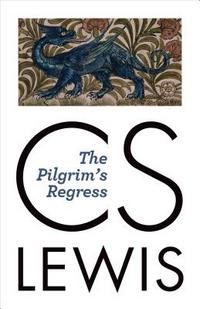

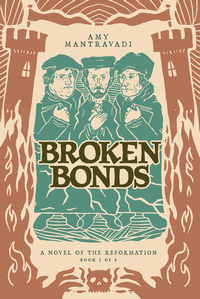
 But Mantravadi has her characters use vocabulary that Christians in the 16th Century would for these processes and products, even if most 20th/21st Christians would hesitate to use it. Just a word of warning for those who might be put off.
But Mantravadi has her characters use vocabulary that Christians in the 16th Century would for these processes and products, even if most 20th/21st Christians would hesitate to use it. Just a word of warning for those who might be put off.
